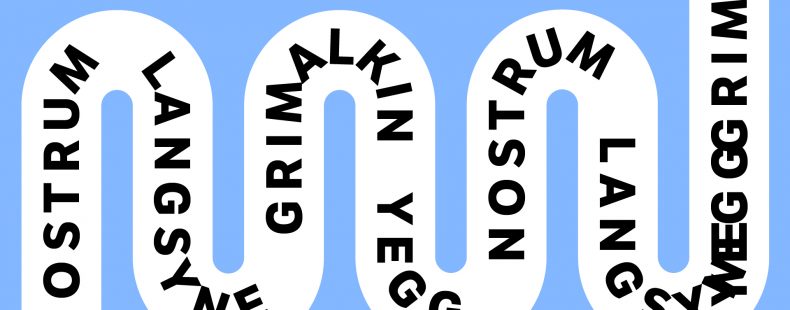Try these cool words ...
We might be a little biased, but we love language—and that’s why we love just paging (or clicking through) through the dictionary. There are all kinds of fabulous gems of words in there, from anthropomorphism to zingy. If you share our passion for juicy vocabulary, or are just curious about some of the oddities of English, this is for you. We have gathered up over a dozen of our favorite words in the English language to show off some of the jewels of our collection.






























